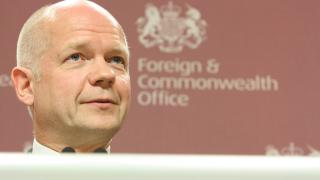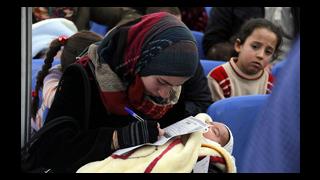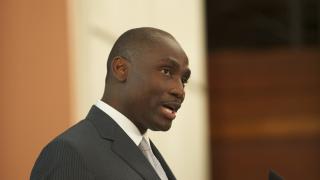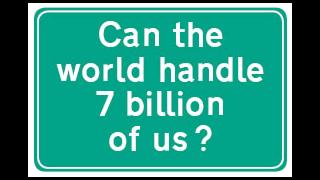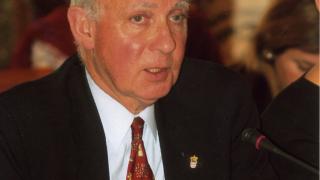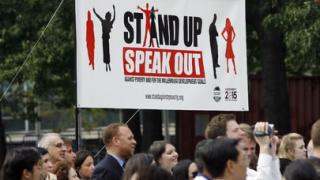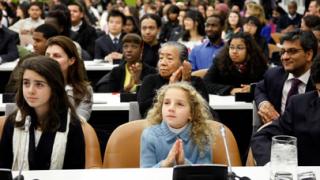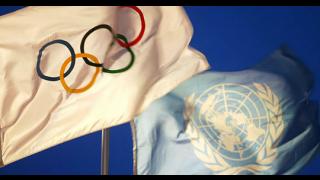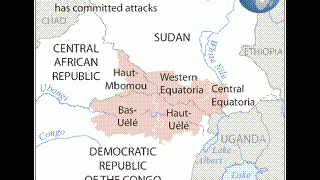
Dear Ms Wallström,
As members of the UNA Isle of Man, we are writing to express our concern about the treatment of women in the Democratic Republic of the Congo. Many international groups are reporting that thousands of women are being raped and gang raped by Congolese soldiers in the east of the DRC, that women are being used as a weapon of terror in the war there, and although women’s groups in the Congo have been appealing to the UN Security Council for many years, no help seems to be forthcoming. Indeed it is reported that although a UN peacekeeping group was able to provide an escort for a commercial truck to pass through one area safely, no intervention has been made on behalf of women. It appears that rape, terror and kidnapping are being used as a weapon of war.
30 years since the Convention on the Elimination of all Discrimination Against Women entered into force, it is time for the UN to take more positive action to make sure that women are protected.
Yours sincerely,
Reverend David Shirtliff
Isle of Man
Response from Margot Wallstrom:
Dear Reverend David Shirtliff,
I very much appreciate you taking the time to write to the UN regarding the situation of women in the Democratic Republic of the Congo. Secretary-General Ban Ki-moon recognised the grave situation of women in the Congo and in other conflict areas where women are being systematically raped as a weapon of war. In an effort to ramp up the UN response, I have been appointed as the first Special Representative to the Secretary-General on Sexual Violence in Conflict. Since my appointment in February of this year, I have twice visited the Congo to assess the situation, hear first-hand accounts, and gather information on how best to address the atrocities through my mandate. For a full account of my second visit, please see my statement to the UN Security Council on 14 October 2010 (available from www.securitycouncilreport.org)
My small but dedicated team is working very hard to end the impunity of perpetrators, deliver justice in the form of reparations and services to victims, protect and empower women as the foundation of prevention, and ensure that women are included in all measures taken on their behalf. With those goals in mind I have not only travelled to the Congo in the last year but also to Liberia and Bosnia to speak to the women and communities that have been affected, NGOs working for and with these communities, and UN field actors. These trips have greatly guided my work at the UN headquarters in New York, where my team is designing a new monitoring and reporting system to track sexual violence in conflict areas and make sure that any instances are immediately known to the government in question and the Security Council. We are also working on developing early warning indicators for sexual violence so that when a community is in danger of acts of sexual violence as a weapon of war, local, national, and international actors can immediately respond and prevent the situation from escalating. The two briefings that I gave to the Secretary-General and the Security Council on the state of sexual violence in the countries I visited serve to foster their understanding of the issue and motivate action from the UN system as a whole.
In the last month, I attended the opening of the first international criminal justice case against crimes of sexual violence in war, the Jean-Pierre Bemba trial at the International Criminal Court. The trial gives voice to more than 1,200 victims of the Central African Republic who have applied to participate despite the appearance of just one perpetrator. The fact that these crimes are deemed grave enough to constitute the focus of an international prosecution is a message of hope to the victims. It tells them that their lives matter. It also tells the parties to conflict that respecting women’s rights – even in the midst of war – is an obligation, not an aspiration. It is my hope that beyond the courtroom, this trial will inspire a global conversation aimed at replacing the vicious cycle of silence and impunity, with a virtuous cycle of recognition, justice and repatriation in the Central African Republic, the DRC and elsewhere.
Thank you again for writing. I take my mandate very seriously and care deeply about improving the UN response to preventing sexual violence and protecting victims. While I was in the Congo, I heard women say: “A dead rat is worth more than the body of a woman.” It is my hope that you will continue to raise awareness and decry these crimes against humanity occurring in the Congo through the use of your own platforms and connections in the Congo, the Isle of Man, and internationally. For advocacy efforts, you may find the website that my team has put together helpful: www.stoprapenow.org
Respectfully yours,
Margot Wallström
Special Representative of the Secretary-General on Sexual Violence in Conflict
Dear Editor,
I was amused by the 1957 UNA-UK pamphlet ‘United Nations News’ reproduced in the last New World (Feature: Queen Elizabeth, Autumn 2010): under-resourced UN operations, the Secretary-General struggling to glean more than warm words from member states, aggression from North Korea, the debate over a permanent UN police force… Her Majesty is not the only one to have endured these past few decades!
William Banks
Manchester
Dear Editor,
The dawn of the new millennium was accompanied, it seemed, by global optimism. Now, as we enter a new decade, there appears to be a sense of apprehension – unsurprising, perhaps, given the vast array of problems facing humanity: climate change, international terrorism, intra-state conflicts, the spectre of economic and financial meltdown, not to mention the increases in global population.
Determined efforts must be made to address these challenges in the only way possible: through multilateral solutions and robust international laws and systems for enforcement. The UN should be at the centre of this approach.
In my opinion there has never been a point in time, since the creation of the UN, where the need for this Organisation has been greater. Under the leadership of Ban Ki-moon, the UN must rise to the need and be pro-active in tackling all these challenges and in fulfilling its crucial role.
Member states too must step up. We must remind our national representatives of the opening line of the UN Charter: "We the Peoples of the United Nations determined…" They should listen to the voices of their peoples, and be more truly united and determined to address these challenges.
David J Thomas
Porthcawl
Dear Editor,
I was very moved by the story and commitment of Setsuko Thurlow (Opinion, Autumn 2010) – to have witnessed a catastrophe like Hiroshima at such a young age, and to be brave enough to share this experience for the greater good of a world without nuclear weapons – such dignity and grace is both rare and inspirational.
Sheila Barnes
London

